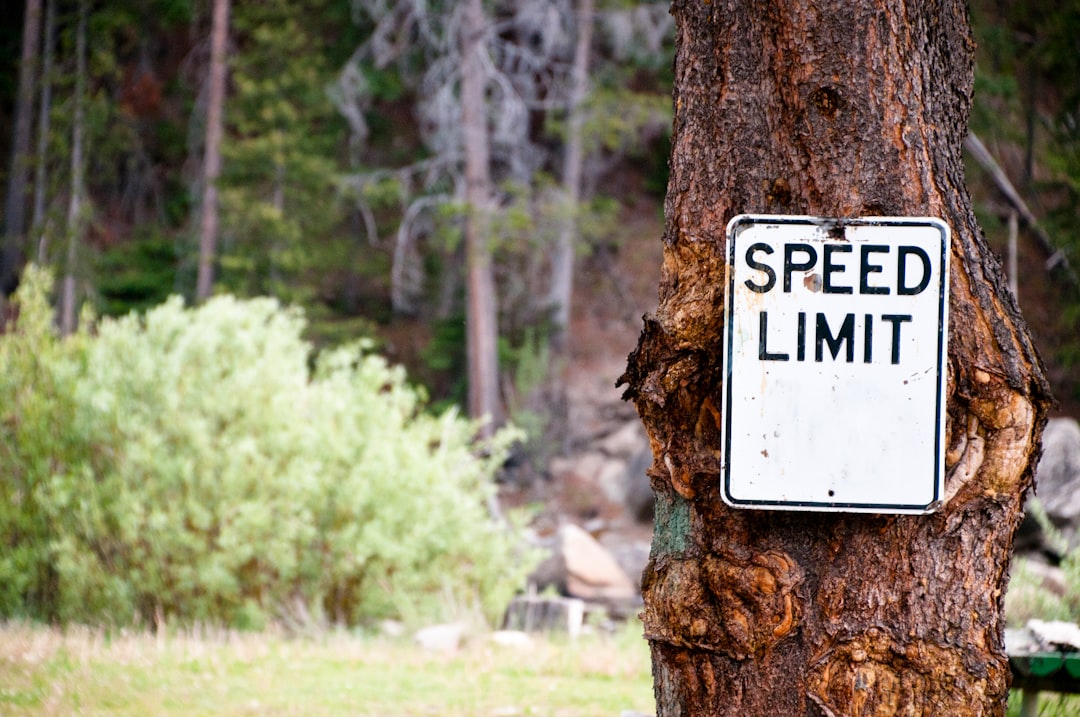On October 29, 2019, Red Bull issued a press release announcing a full online archive of content from the Red Bull Music Academy, which was scheduled to cease operations two days later. Dozens of music websites picked up the news, championing the free treasure trove of articles and videos covering decades of lesser-known music history — from a lecture by NYC club soundsystem pioneer Alex Rosner to an Oral History of Berlin Minimal Techno 1998-2008.
What most failed to notice is that RBMA had been making this content available for years on its website. The announcement was a little PR sleight of hand, but it also implied that even though RBMA was ending after 21 years of sponsoring “underground” music through workshops, events, festivals and editorial, at least the archive would live on.
For a few days this week, redbullmusicacademy.com was down — and Twitter noticed.


Fortunately, the site is back up as of this morning, but the incident was a reminder of the ways most high-profile music x brands collabs are forgotten almost immediately after the social media cycle ends. Or worse, they become punchline — Zune House, J Balvin Burger (which was literally just a Big Mac), Spotify x Barcelona.
There is a high degree of difficulty for brands to land long-standing credibility in a cultural space, which makes what RBMA achieved over 21 years an impressive feat. Then again, the degree of time invested is itself a major driver of the success. RBMA was first in many ways, which goes a long way in explaining why the Red Bull logo looked perfectly natural up there next to authentic artists like Larry Levan and Madlib. Meanwhile, Green Label, a near facsimile of RBMA launched in 2008 by Mountain Dew and Complex, failed to make a lasting impression despite participation by reputable acts like Holy Ghost! and Matt & Kim.
Another secret to RBMA’s success was not relying solely on the new to keep the buzz going. Genre-defining artists like Flying Lotus, Hudson Mohawke and Black Coffee all credit their participation in RBMA with some of their early success. But just as resonant were the deep dives into esoteric music history.
Can you imagine any other beverage brand producing a mini-doc about nearly forgotten ’80s LA hip-hop promoter Uncle Jamm’s Army? Well, it’s the first video that comes up on YouTube. How many brands can say their music content is authorative?
And it’s not a one-off. The Red Bull Music Academy YouTube channel host nearly 500 “lectures” (fancy name for interviews). The Robyn and Janelle Monae one have been watched around a million times each (Bowie producer Tony Viscotti has over 100K plays and Throbbing Gristle member Cosey Fanny Tutti more than 40K).
Of course, none of this changes the fact that Red Bull Music Academy shut down over three years ago. Since then, a global pandemic scrambled the entire marketing world to the point where many (us included) thought branded music NFTs might be a viable option in lew of IRL activations. Thankfully in 2023, things are starting to look like they did in 2019 — good and bad.
Music journalism as content marketing continues apace. Mailchimp recently released the Sonic Symbolism podcast that features former RBMA lecturer Björk breaking down each of her nine albums.
This sort of content also still has the tendency to disappear, as is the case with Spotify’s 2019 original podcast, Stay Free: The Story of The Clash, which is now mysteriously missing from the service.
The fact is, no digital media is truly safe. Countless ’00s blogs have ceased to exist, creating a significant historical gap that will be felt once Gen Z’s fetishism for the 90s is replaced by the new kids’ inevitable obsession with the first decade of the new millennium.
Then again, is it even possible to distill a cultural history from literally millions of blog posts? It might be, one ChptGPT replaces Google as the aggregator of all things online (as some have suggested). But it won’t be complete if the source data is no longer there for the scraping.
In other words, if a brand want to maintain a legacy as a cultural driver, it best put as much care into it’s archiving as it does in identifying the smart place to place dollars in the first, erm, place.
Redbullmusicacademy.com still gets 100,000 monthly visitors. That’s a KPI nobody could have expected.
STORYTELLERS
Storytellers telling stories about storytellers, telling stories…
TAKEAWAYS
Salient statements from this week’s music news.
1. Remaking Your Old Songs Used to Be Considered Lazy, Shady, and So Uncool. What Changed?
Taylor Swift did it as a business maneuver. U2 is taking more re-inventing approach. Booth can thrive in the streaming ecosystem.
Takeaway: Thanks to the tacit approval of Swift and U2, it may only be a matter of time before other giants, no matter the generation or genre, decide to remake their pasts, knowing it carries far less risk (and more possible financial reward) than it once did.
2. The Music Industry Layoff Tracker — A List of the Companies Impacted So Far
As the tech sector stumbles, the tightly affiliated music biz is suffering similar instability.
Takeaway: As the economy slows and consumers ease spending, the music industry has seen a massive reversal in the tech sector hiring spree that surged during the pandemic.

3. Why Are Artists Releasing Sped-Up Versions of Their Songs?
The latest TikTok trend has artist of all stripes increasing the tempo to capture attention and revenue.
Takeaway: Arguably, the sped-up song is just the logical endpoint of this attention-shrinking process: an easily digestible, rapid-fire assault on the senses that does away with superfluous details like meaning and context in favour of an instantly catchable vibe, or an aural wallpaper.




